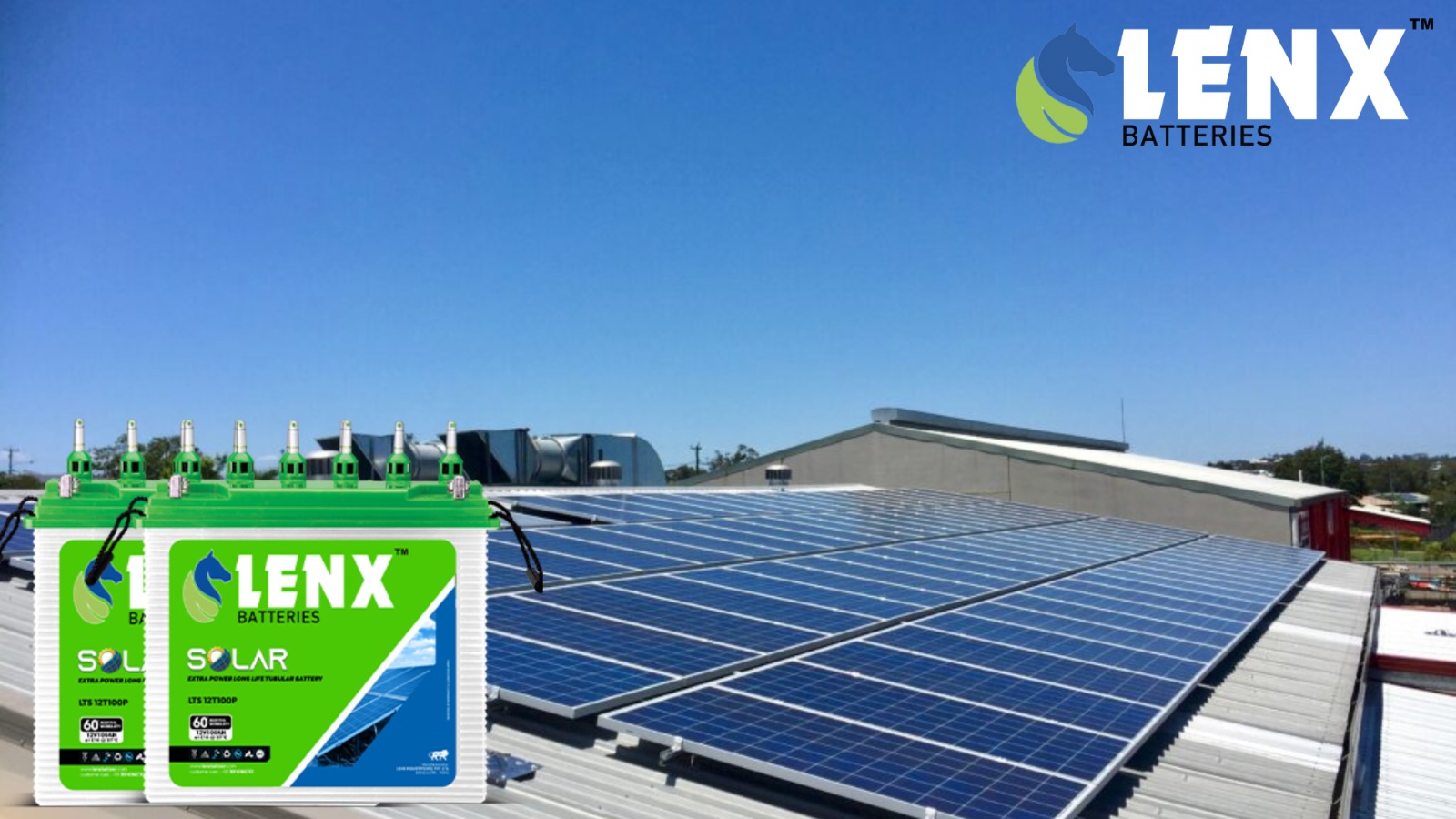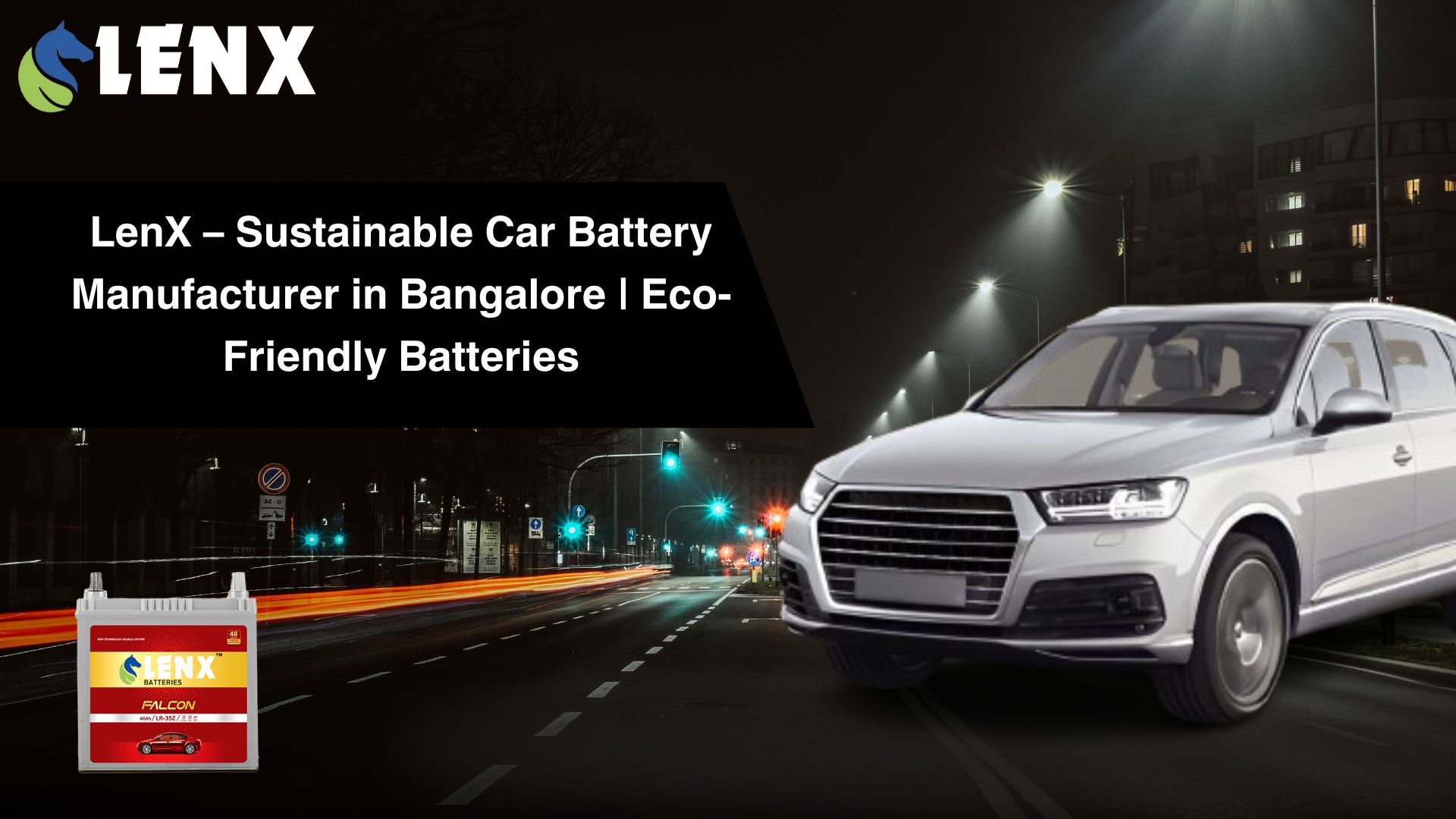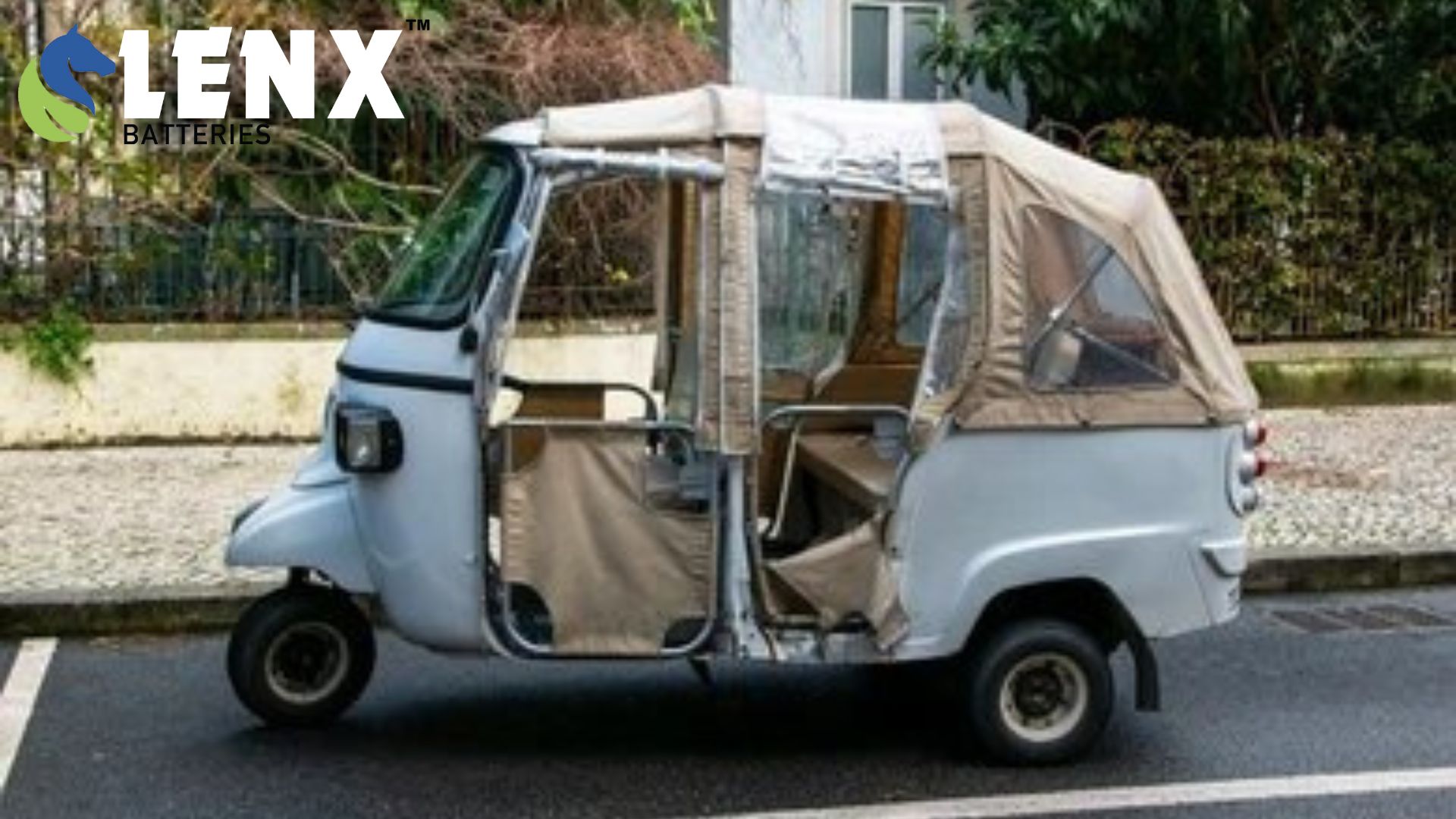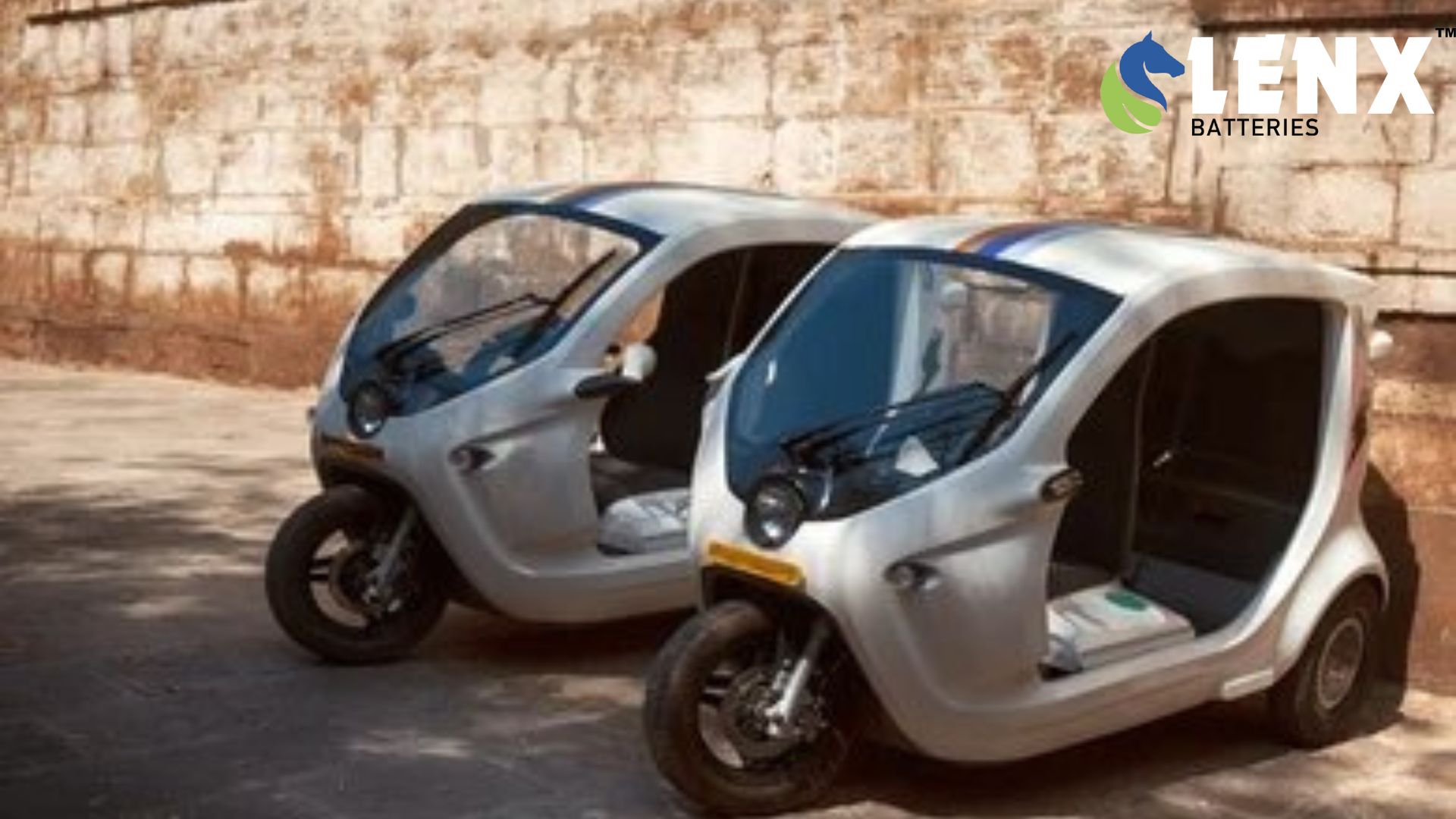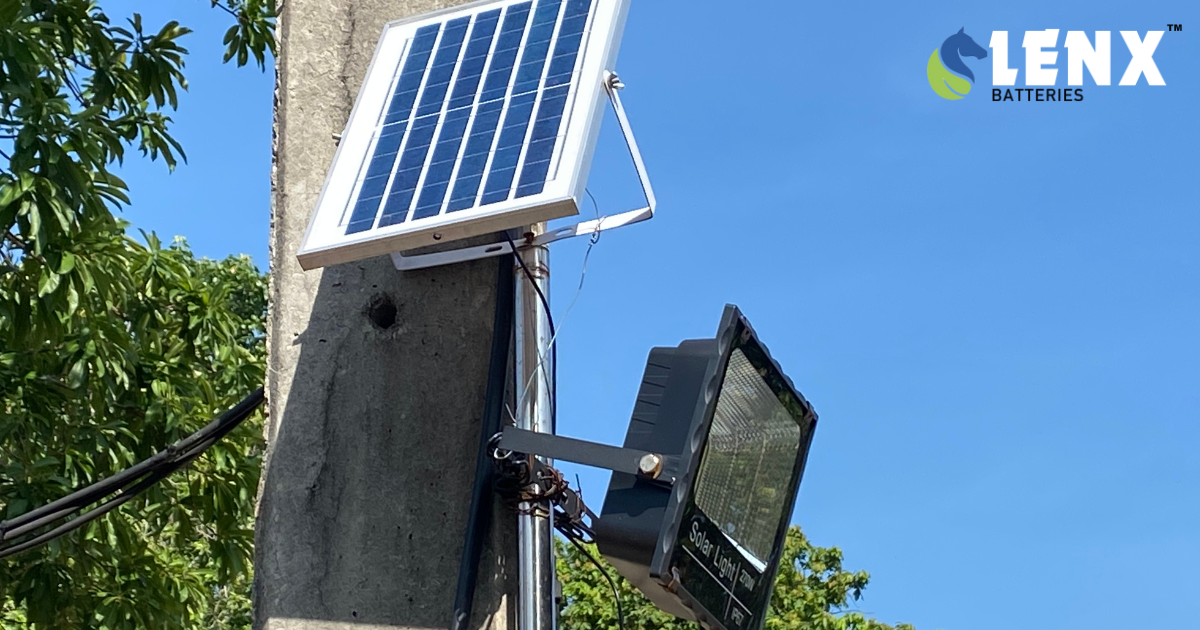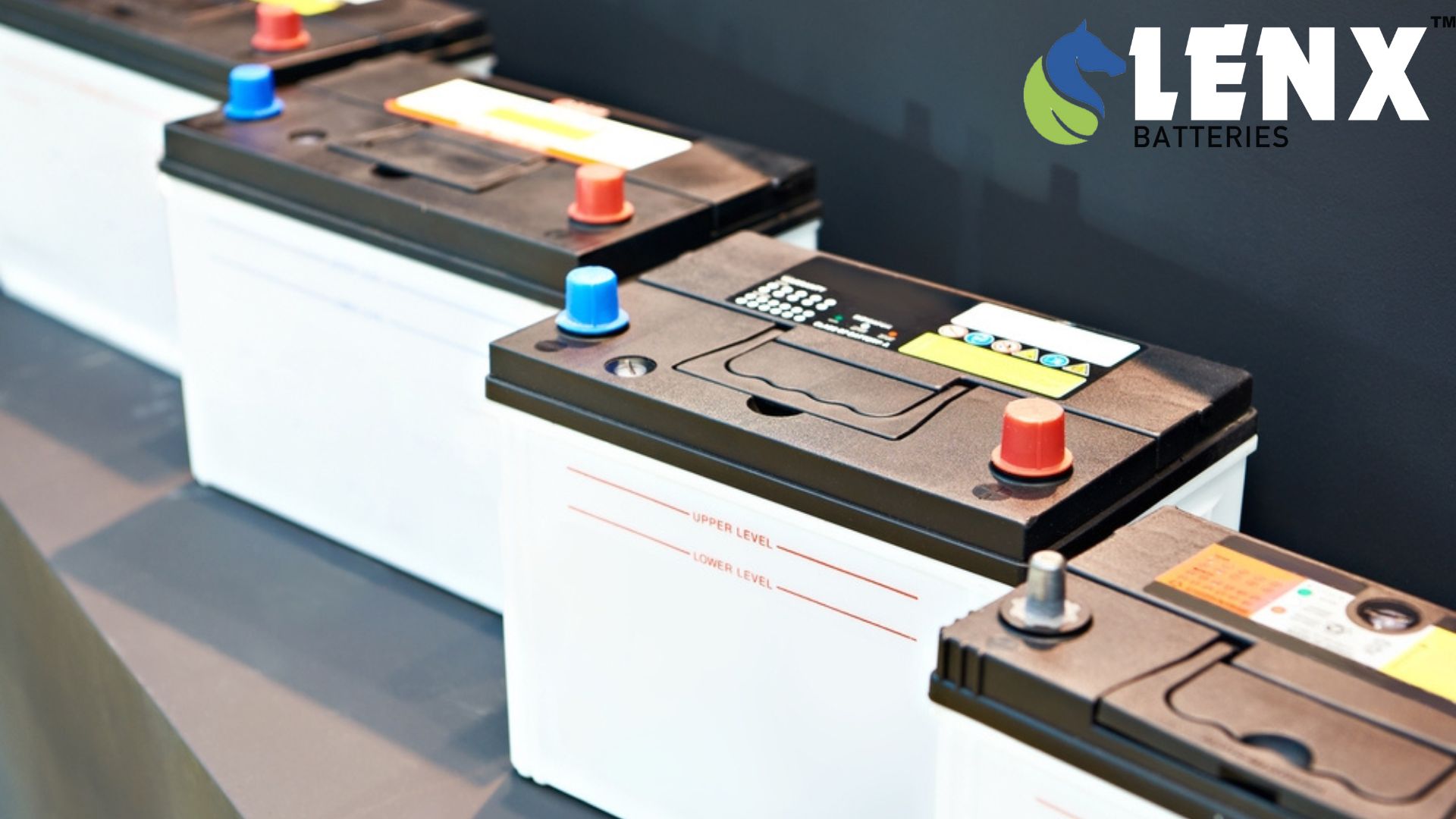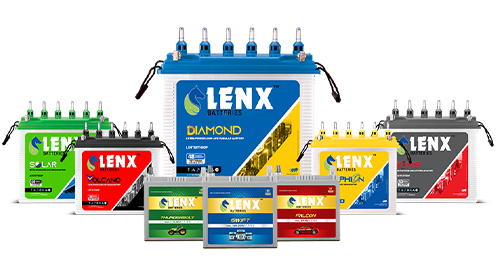Picture this: You’re chilling at home, enjoying your favorite show, when—BAM!—the power goes out. Annoying, right? Now imagine if you never had to worry about electricity failures or skyrocketing power bills again. Sounds like a dream? Well, solar batteries are making that dream a reality!
In this blog from Lenx, a Solar Battery Manufacturer in Bangalore, we will understand how solar batteries can help you save money, reduce power outages, and make your home more energy-efficient.
1. Say Goodbye to Bill Shock!
Tired of those jaw-dropping electricity bills? With a solar battery system, you can store excess solar energy during the day and use it at night—reducing your reliance on the grid. Less grid usage = fewer unpleasant surprises when your bill arrives. And let’s be honest, who doesn’t love paying less?
Lenx, a leading Solar Battery Manufacturer in Bangalore, offers high-performance batteries designed to maximize savings and efficiency, helping you reduce your reliance on the grid and cut down your electricity bills.
2. Bye-Bye, Blackouts! Stay Lit 24/7
Power cuts are the worst. Whether you’re in the middle of a Zoom call or just cooking dinner, an outage can throw everything off. But guess what? A solar battery ensures that when the grid fails, your home stays powered.
That means no more fumbling for candles or sweating it out on a hot night. Just seamless, uninterrupted energy—all thanks to Lenx, a leading Solar Battery Manufacturer in Bangalore.
3. Earn While You Save (Yes, Really!)
What if your extra stored energy could actually make you money? In some areas, you can sell excess power back to the grid, turning your home into a mini power station. Cha-ching! Even if grid sell-back isn’t available in your area, storing energy still saves you a ton in the long run.
With Lenx, a leading Solar Battery Manufacturer in Bangalore, specializing in high-quality solar batteries, you can maximize your energy savings and potentially turn your system into a profitable energy source.
4. Planet-Friendly & Pocket-Friendly
Want to be a superhero for the planet and your wallet? Solar batteries cut down on fossil fuel usage, reducing your carbon footprint while saving you money. It’s a double win!
Plus, with Bangalore’s sunshine-rich climate, why not tap into that free energy source and make the most of it? Choose Lenx, a leading Solar Battery Manufacturer in Bangalore, specializing in high-quality solar batteries, and you’ll be on your way to a greener, smarter energy lifestyle.
5. A Smart Investment to make!
Think of a solar battery as an investment, not an expense. Not only does it provide long-term savings, but it also increases the value of your property. Homes with solar energy solutions attract more buyers, and businesses with energy independence enjoy reduced operational costs.
With Lenx, a leading Solar Battery Manufacturer in Bangalore, specializing in high-quality solar batteries, you’re not just saving money—you’re investing in a future-proof energy solution.
Make the Switch, Save the Cash!
Still on the fence? A solar battery saves you money, keeps your home powered, and helps the environment. That’s a triple win you don’t want to miss out on!
So, why keep overpaying for electricity? Choose Lenx, a trusted Solar Battery Manufacturer in Bangalore, today and take control of your energy bills like a pro!
Power Up with Lenx Solar Batteries!
Looking for the ultimate solar battery solution? Lenx Solar Batteries deliver top-notch performance, reliability, and savings. Whether you’re powering your home or business, we’ve got you covered.
Contact us today and make the switch to smarter energy!
